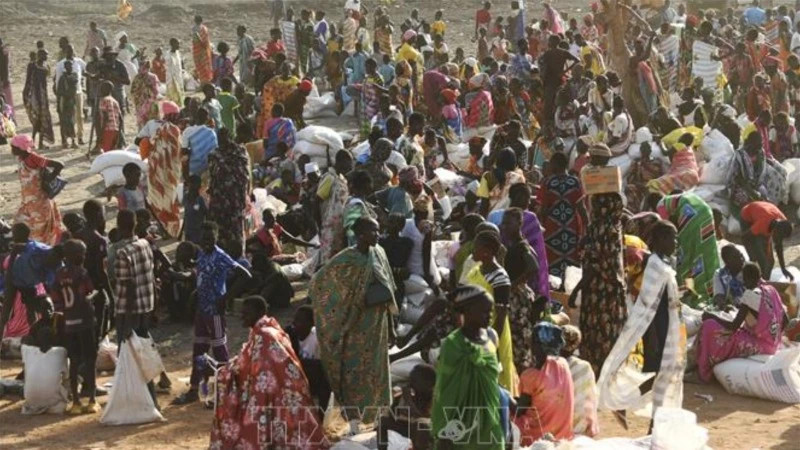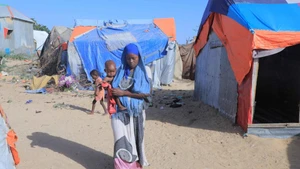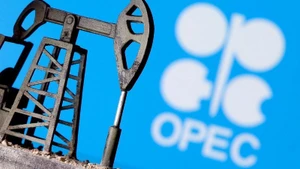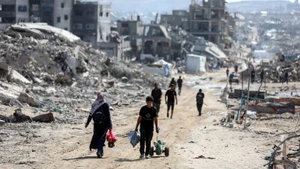The economic downturn, climate change, high food prices, and ongoing conflict in neighbouring Sudan have added fuel to the woes of the world’s youngest nation.
The World Bank’s Poverty and Equity Assessment, based on the latest South Sudan Family Budget Survey, found that the country has been mired in a 10-year economic downturn, compounded by the negative impacts of climate change, high food prices, and conflict in neighbouring Sudan, which have exacerbated extreme poverty. Poor governance, multiple economic shocks, high food prices, and conflict have worsened poverty and deeply hurt the people of South Sudan, said Charles Undeland, director of the World Bank’s South Sudan office.
The United Nations has warned that more than 62% of South Sudan’s population will be severely food insecure by 2025, with returning refugees and children standing at the highest risk of falling into poverty and malnutrition.
The World Food Programme (WFP), the Food and Agriculture Organisation of the United Nations (FAO) and the United Nations Children’s Fund (UNICEF) have released their latest Integrated Food Security Phase Classification (IPC), which forecasts that the total number of people in South Sudan facing acute food insecurity will increase to 7.7 million by April 2025, up from 7.1 million this year.
Notably, half of these people are returning refugees, accounting for 85% of all refugees returning from the conflict in Sudan. In addition, the number of children at risk of malnutrition will increase from 1.65 million to 2.1 million by 2025.
World Bank Senior Economist for South Sudan Frank Adoho said that food insecurity is becoming a serious problem, made even worse by soaring inflation. High food prices make it difficult for poor and vulnerable people in South Sudan to access food, even in rural areas that were previously self-sufficient.
In addition, the report pointed out that insecurity, migration, and lack of investment in agriculture have further reduced food production. The World Bank recommends that the Government of South Sudan invest heavily in basic services and infrastructure to reduce the vulnerability of its people.
The country’s weak statistical system also needs to be improved, as it complicates the planning and implementation of sustainable development policies. FAO Representative in South Sudan, Meshack Malo, said the economic crisis and high food prices were the main causes of food insecurity.
He stressed that it was time to work together to increase investment to support South Sudanese people to produce their own food, which would not only reduce the cost of food for families but also create more job opportunities in the agricultural sector, making families more economically self-reliant.
The good news, which not only have the Sudanese people been waiting for but has also been welcomed by the South Sudanese people, is that the Chairman of the Sudanese Sovereignty Council and Commander-in-Chief of the Armed Forces Abdel Fattah Al-Burhan recently announced his readiness to find a solution to end the conflict, ensure the provision of humanitarian aid to the people, and promote the political process in Sudan.
If the above statement becomes a reality, the persistent conflict in Sudan will soon end, the lives of the Sudanese people will return to normal, security and stability in the region will be restored, and the picture of poverty for the South Sudanese people will also be somewhat less grey.
















